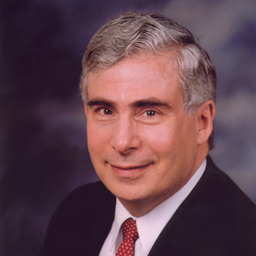Next week is the twentieth anniversary of the start of AmeriCorps, the Federal program that lets Americans give a year or two of their lives to addressing many of the nation’s social problems. Along with then-IU president, Tom Ehrlich, I was one of its designers and from 2001 to 2003, served as head of the agency that runs it.
Yet, in the celebrations at the White House and elsewhere, none of its supporters is likely to say that AmeriCorps has lived up to its motto of “getting things done.” In fact, the program remains small, rarely with more than 75,000 members annually, many of whom serve part-time. Plans to expand to 250,000, approved in 2009 in tribute to Senator Ted Kennedy, have never received funds.
Why has AmeriCorps not done better, despite its worthy goal of creating more opportunities for Americans to serve their country? The reason is not because they don’t want to; applications for AmeriCorps regularly exceed the number of open positions.
However, Americans have many other ways of serving their country, including by volunteering millions of hours each year for charities. That is why some Republicans argue that AmeriCorps is unnecessary.
Many Americans also work for government and non-profit groups that address the same issues AmeriCorps does. Some Democrats would rather spend money on them, instead of paying for inexperienced AmeriCorps members. With few exceptions, studies indicate the legislators may be right.
But AmeriCorps does teach its members what it means to be good citizens. That is a more modest contribution than what many of its advocates hoped for two decades ago, but essential in a country that depends on its citizens to help.
Sources:
On origins and expectations: Stephen Waldman, The Bill: How Legislation Really Becomes Law: A Case Study of the National Service Bill (1996)
On accomplishments: David A. Reingold and Leslie Lenkowsky, “The Future of National Service,” Public Administration Review, December, 2010, S114 – S121.
























